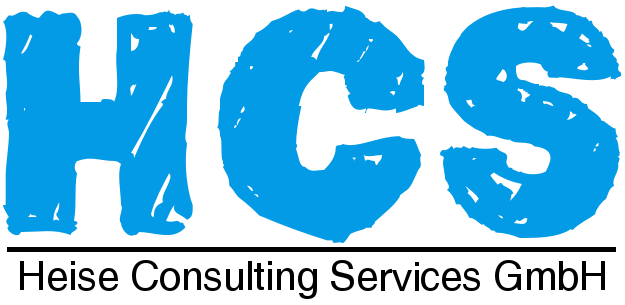"Knowledge and methods for project management are mediated by a variety of organizations and associations. Project management is the temporary initiating, planning, managing, controlling and completing projects"
Changes will be implemented by means of projects. Innovation and progress in business need projects. The importance of projects increases, therefore, but resources and knowledge support for the implementation of projects are sometimes entrusted with operational tasks. On the other hand high quality projects must be carried out in less time with limited resources. Cost pressure and complexity of the projects increase. The requirements for the qualification of the resources and the time and quality requirements of the customer are becoming more demanding.
Associations like the American Project Management Institute (PMI) Certification PMP or the British Office of Government Commerce (OGC) with the certification Prince-2 have developed standards for project management. In practice, companies determine project standards in the form of project management manuals and project management guidance and provision of project management templates, which are adapted for specific situations and projects (simplified adds, reduced). Projects are made by people with people for people - the success of a project depends not only on the right project methodology, the right project managers and a clean project documentation. There are different challenges:
- Compliance of project results in the desired quality and timing and budget
- Integration of all participants and stakeholders in the project and definition of responsibilities (RACI matrix)
- Management of the project requirements and use of change techniques of project scope changes in the project
- Continuous controlling of the project with respect to deadlines and budget
- Continuous project reporting for the project progress and upgrade of the planning
- Compliance with documentation standards and ensuring to achieve the project objectives in the targeted quality
- Continuous risk management for identifying issues and ideally for the introduction of measures to ensure that risks do not occur
- Ensuring of adequate resource based on their skills and availabilities
- Carrying out a cross-project communication
- Procurement management and agreed and demanding settings of partners, suppliers and in the own organization
- Expectation management of the project over multiple functions, suppliers, stakeholders and other operational units and executives in the own organization
- Creating a suitable atmosphere in the entire project team so that activities can be done efficiently and effectively
- Honesty in the job definition allows all parties a realistic planning and expectations
- Confidence in the persons involved enables a low-conflict cooperation and motivated the project team
- An open communication between all parties and affected promotes team productivity
Our Offerings:
We support companies in the introduction, adaptation and implementation of their project management
Procedure examples:
- Analysis of project plans and classification of conditions and dependencies such as (deadlines, budget, feasibility, (strategic) benefits)
- Analysis, evaluation and integration of planning and coordination with projects outside of the project
- Analysis, evaluation or adjustment of methods, processes and project management tools and templates for the project management
- Analysis, evaluation or implementation of project reporting
- Analysis, evaluation or implementation of a PO (Project Office)
- Analysis, evaluation or implementation of quality and risk management standards in the project
How can we help you? Depending on the situation in the form of consultancy, interim management, coaching for project managers and training.
Project examples:
- Consulting: Analysis and evaluation of the current project with crisis character. Developing recommendations for stakeholder, project management problem solving
- Consulting: Analysis and controlling of deadlines, budget and capacity planning: Developing recommendations for project managers to comply aspired project objectives
- Consulting: Analysis and evaluation of the (continuous) planning and reporting of projects. Develop recommendations for efficient planning and reporting
- Consulting: Analysis and evaluation of risks and quality defects of ongoing projects. Developing recommendations to avoid deviations from aspired project objectives
- Consulting: Analysis and evaluation of methods and procedures used model. Development of recommendations for the efficient and effective achievement of the intended project objectives
- Executive Coaching: Coaching project managers and central project resources in different phases of projects in the evaluation of projects, the deriving and achievement of project objectives
- Interim management: Management of a PO (Project Office), project management
- Training: Team development: including moderated team development processes; Role definition, rules of cooperation, motivation, support in the professionalization of team processes
